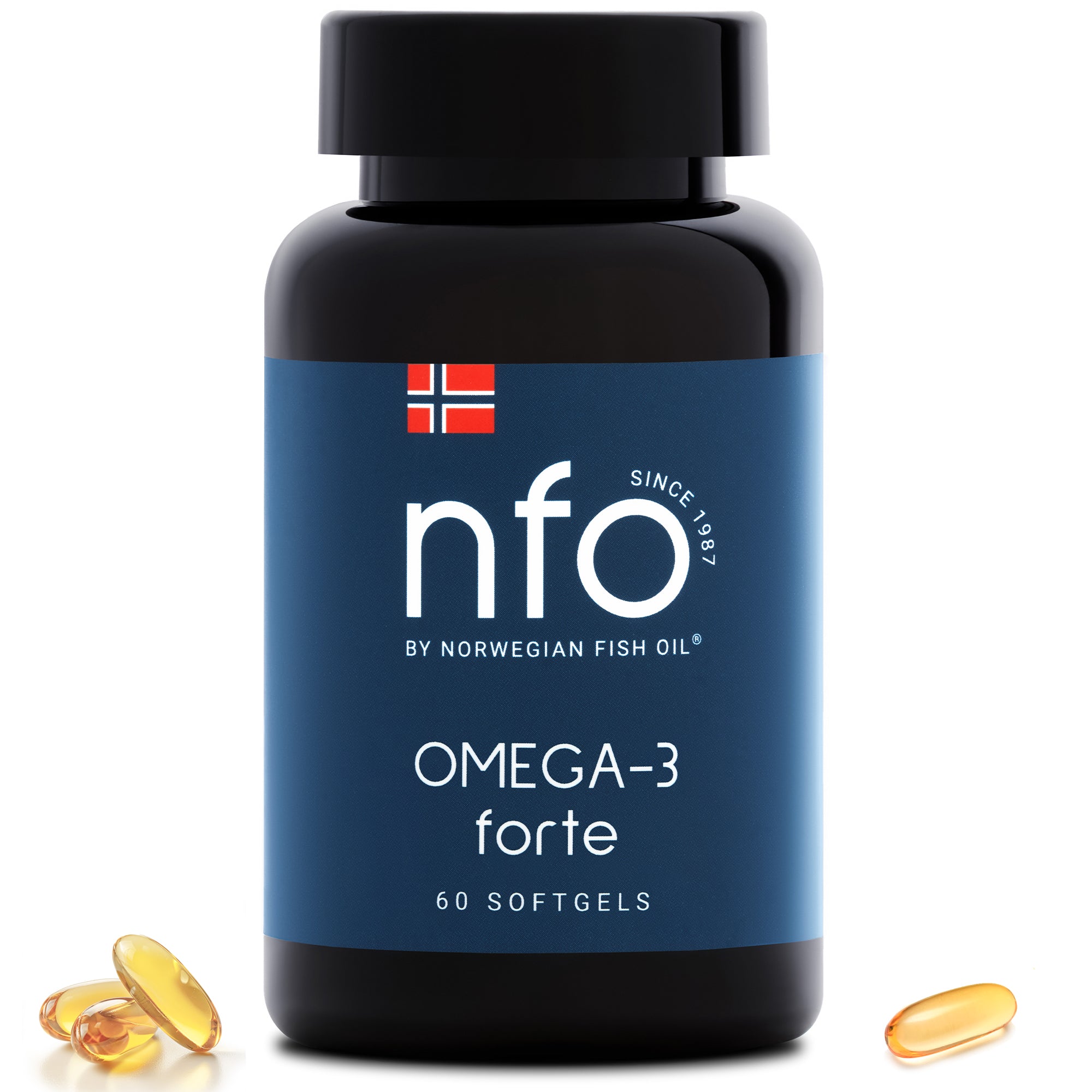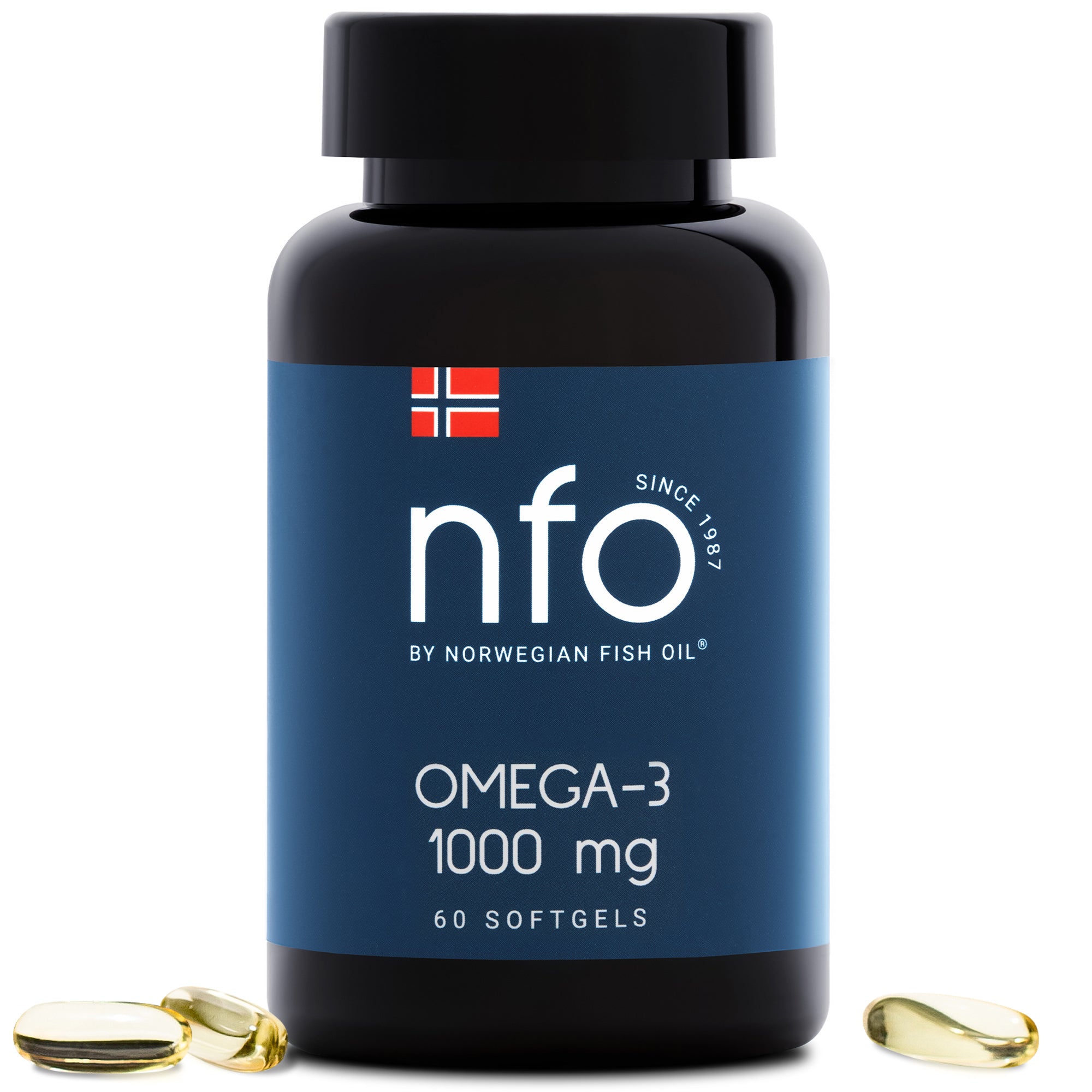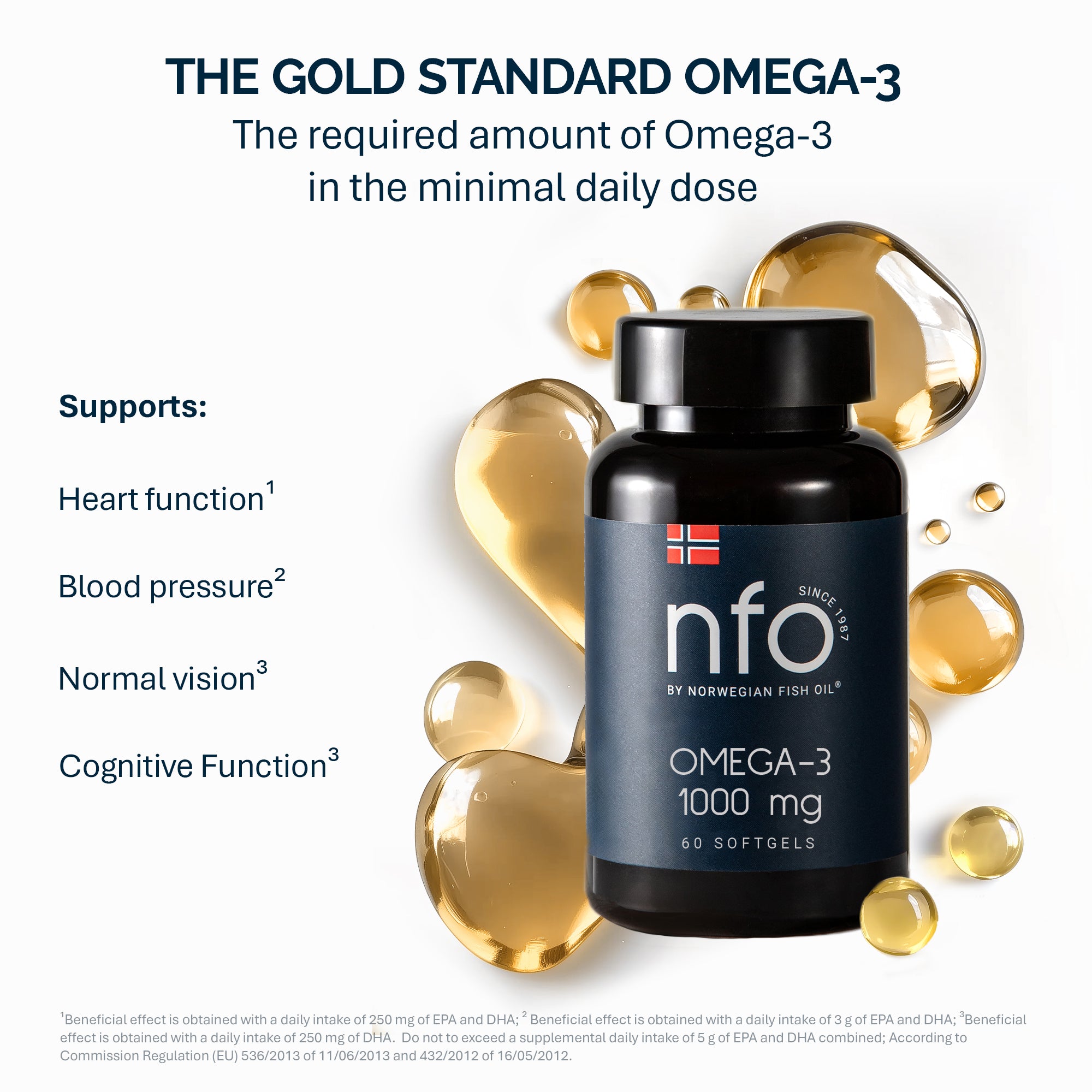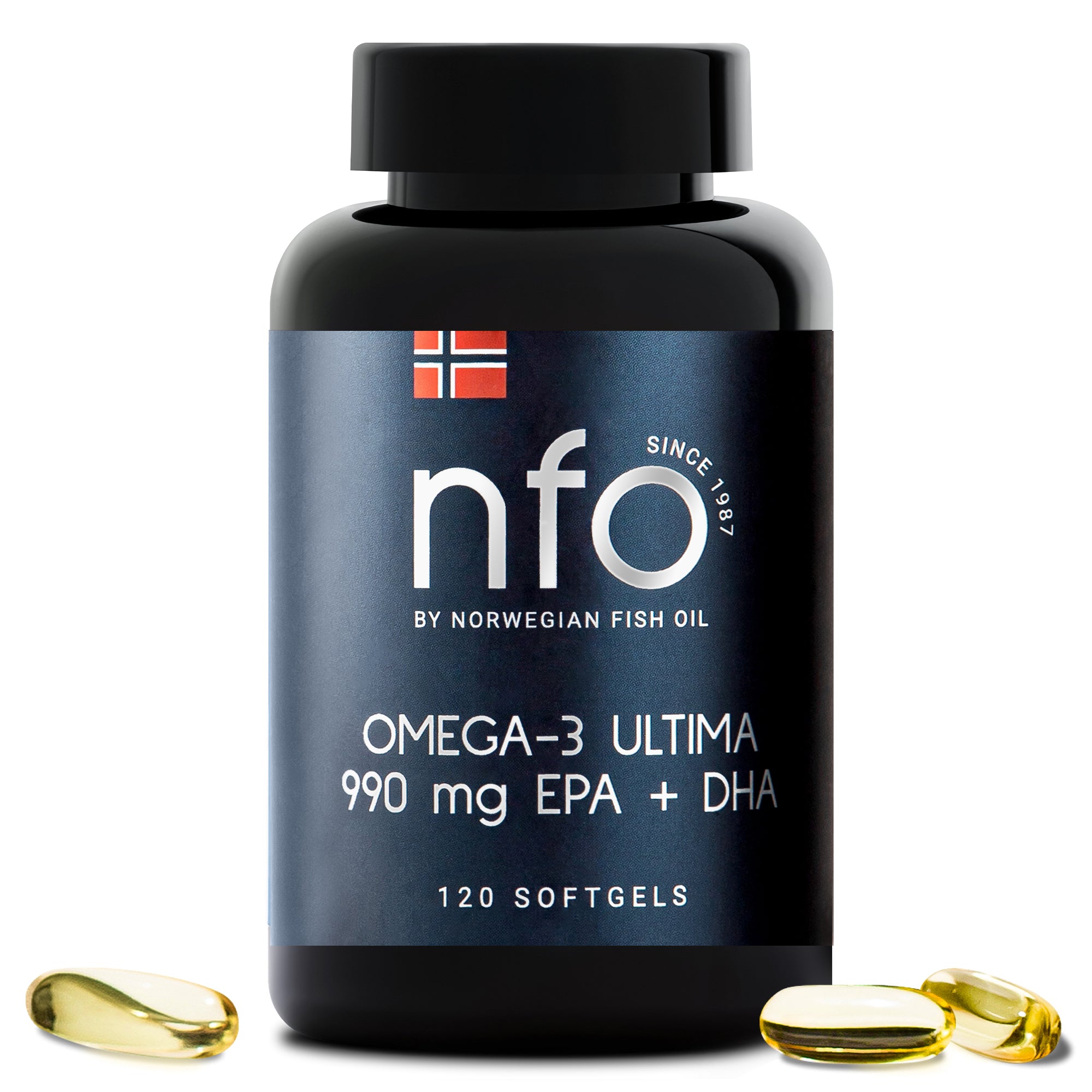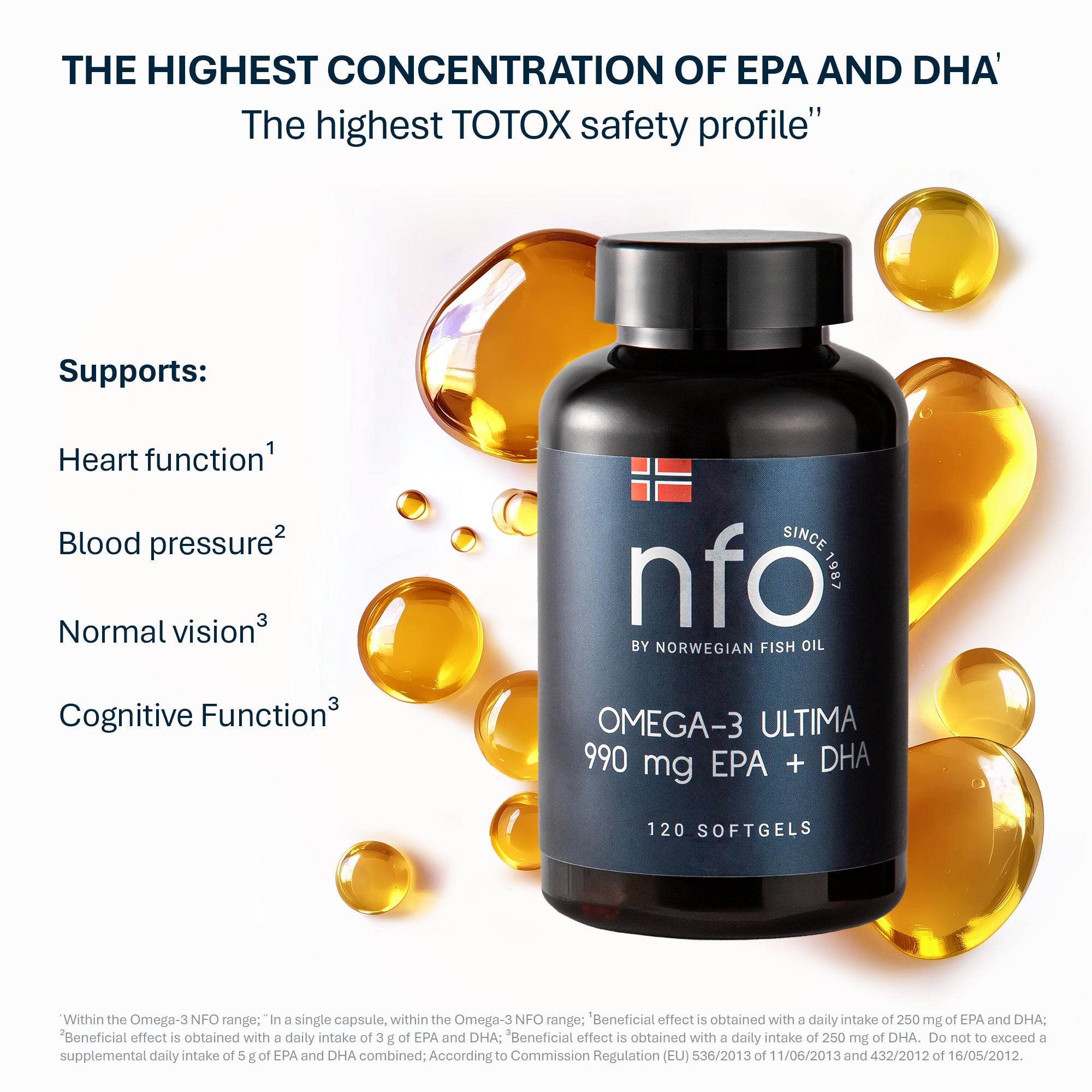Introduction
Omega-3 fatty acids and magnesium are two essential nutrients that play a critical role in maintaining overall health. While they each have individual benefits, emerging research suggests that their combined effects may provide synergistic advantages, particularly for heart health, brain function, and inflammation management. This article explores how omega-3 and magnesium work together and how to optimize their intake.
The Role of Omega-3 in the Body
Omega-3 fatty acids, including eicosapentaenoic acid (EPA) and docosahexaenoic acid (DHA), are essential for numerous bodily functions. They contribute to:
- Heart health: Omega-3s help lower triglyceride levels, reduce inflammation, and support overall cardiovascular function.
- Brain function: DHA, a major component of brain cell membranes, plays a key role in cognitive function and mental well-being.
- Inflammation control: Omega-3s have anti-inflammatory properties that may help with conditions such as arthritis and autoimmune disorders.
The human body does not produce sufficient omega-3 on its own, making dietary intake through fatty fish, fish oil supplements, or algae-based sources essential.
The Importance of Magnesium
Magnesium is an essential mineral involved in over 300 enzymatic processes in the body. It supports:
- Muscle and nerve function: Magnesium is required for proper muscle contractions and nerve signaling.
- Bone health: It aids in calcium metabolism and bone mineralization.
- Blood sugar control: Magnesium helps regulate insulin function, reducing the risk of type 2 diabetes.
- Heart function: Magnesium is known to regulate blood pressure and maintain heart rhythm, reducing the risk of cardiovascular disease.
Good dietary sources of magnesium include nuts, seeds, whole grains, and leafy green vegetables.
How Omega-3 and Magnesium Work Together
While omega-3 and magnesium have distinct roles, their interactions may provide enhanced benefits:
1. Improved Cardiovascular Health
Both omega-3 and magnesium contribute to heart health, but together, they may offer even greater protection against heart disease.
- Omega-3s help reduce triglyceride levels, while magnesium supports normal heart rhythm and blood vessel relaxation.
- Studies suggest that magnesium deficiency may weaken the effectiveness of omega-3 in preventing cardiovascular diseases.
2. Enhanced Brain Function and Mental Health
Magnesium and omega-3s are both linked to brain function and mental well-being:
- Omega-3s support brain cell structure, while magnesium helps regulate neurotransmitter activity.
- Research suggests that a deficiency in either nutrient is associated with a higher risk of depression and anxiety.
3. Reduced Inflammation and Pain Relief
Inflammation is at the root of many chronic conditions, including arthritis and metabolic disorders:
- Omega-3 fatty acids have strong anti-inflammatory properties, helping to reduce chronic inflammation in the body.
- Magnesium modulates the immune response, helping to control inflammatory markers.
- Together, they may provide relief for people suffering from inflammatory diseases such as rheumatoid arthritis.
4. Improved Sleep Quality
Magnesium is well known for its role in promoting relaxation and better sleep. Omega-3, particularly DHA, has also been linked to improved sleep duration and quality. Combining the two may be beneficial for individuals struggling with insomnia or poor sleep patterns.
How to Take Omega-3 and Magnesium Together
Since omega-3 is fat-soluble, it is best absorbed when taken with a meal containing healthy fats. Magnesium, on the other hand, is best absorbed in forms such as magnesium glycinate or citrate. Here are some tips for optimizing their intake:
- Take omega-3 supplements with a meal that contains healthy fats (e.g., avocado, nuts, or olive oil).
- Include magnesium-rich foods in your diet, such as spinach, almonds, and pumpkin seeds.
- If using supplements, choose a high-quality fish oil that contains EPA and DHA and pair it with a bioavailable magnesium supplement.
- Avoid taking high doses of magnesium at once, as it may cause digestive discomfort.
Are There Any Risks?
While both nutrients are generally safe, excessive intake can cause side effects:
- Too much omega-3 may lead to blood thinning, increasing the risk of bleeding.
- Excess magnesium can cause digestive issues such as diarrhea and, in extreme cases, heart arrhythmias.
It's always best to consult a healthcare provider before starting new supplements, especially if you have existing medical conditions.
Conclusion
Omega-3 fatty acids and magnesium are both vital nutrients that support heart health, brain function, inflammation control, and overall well-being. When taken together, they may enhance each other's benefits, making them a powerful duo for optimal health. By including both in a balanced diet, you can take advantage of their combined effects and promote long-term wellness.
References
- Office of Dietary Supplements. "Omega-3 Fatty Acids – Fact Sheet for Health Professionals." NIH. Link
- Office of Dietary Supplements. "Magnesium – Fact Sheet for Health Professionals." NIH. Link
- Mozaffarian D, Wu JH. "Omega-3 fatty acids and cardiovascular disease: effects on risk factors, molecular pathways, and clinical events." Circulation. DOI
- Xun P, Liu K, et al. "Magnesium intake and incidence of hypertension among American young adults." Hypertension. DOI
- Haag M. "Essential fatty acids and the brain." J Nutri Health Aging. DOI
- Calder PC. "Omega-3 polyunsaturated fatty acids and inflammatory processes." Nutrients. DOI
- Rondanelli M, Miccono A, et al. "Self-care for common colds: The pivotal role of vitamin D, vitamin C, zinc, and omega-3 fatty acids in preventing and reducing symptoms." J Am Heart Assoc. DOI
- DiNicolantonio JJ, O’Keefe JH, et al. "Omega-3s and cardiovascular health." Nutrients. DOI
- Vynckier P, et al. "Magnesium and brain function: a review." Biometals. DOI
- Barbagallo M, Dominguez LJ. "Magnesium and aging." Curr Pharm Des. DOI












